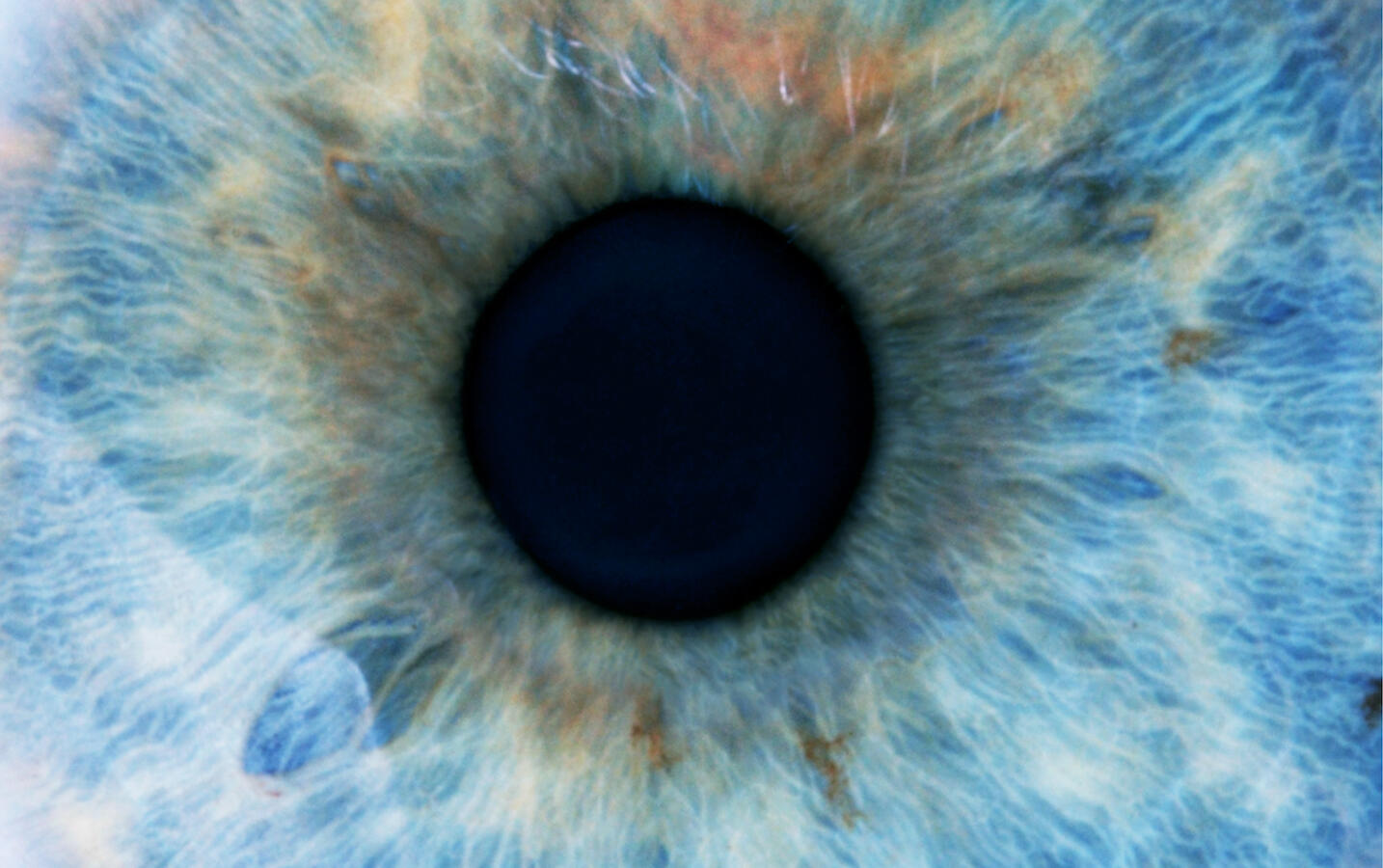I remember the first time I saw a “Magic Eye” picture. Growing up in the 1990s, they were everywhere. At first glance, a Magic Eye (also known as an autostereogram image) appears to be a busy two-dimensional pattern with lots of color and texture, but when you slow down and learn to look at it in a particular way, a second image emerges, entirely different from the first. It appears to have three dimensions popping off the page. You have to learn to see the additional layered image, but even the most experienced viewer won’t see the hidden image at first glance. You have to look with intention, or you will miss the magic completely.
I remember the first time I saw a Magic Eye in this week’s Torah portion. Parashat Kedoshim is beautiful and very full. Like all Magic Eye patterns, there is much to see on the surface. In just two chapters of Leviticus, we are told to care for the poor, to be honest, to never take revenge nor bear a grudge. We are told when and how to give sacrifices, keep Shabbat, and what we are permitted to eat. We are told how to guard relationships, how to treat our animals and how to harvest our fields. This portion contains what Rabbi Akiva tells us is the core message of the Torah: “Love your fellow as yourself” (Leviticus 19:18). Generations of Jews have sought to understand and live by these commandments.
Yet if we read this portion purely as a code of conduct, we might miss the Magic Eye. Because in the midst of these busy verses, we encounter a direct invitation to be part of God’s holiness.
The words Ani Adonai (“I am God”) appear 20 times in this portion. That sounds hard to miss, but the repetition can lead us to mistake the invitation for mere punctuation. Yet if we read this portion with the right intention, a new image emerges and we find ourselves immersed in an invitation to holiness. God is speaking directly to us — and in the first person. Once you see this, it becomes hard to ignore. God is inviting us to live a life that is about more than just following rules and doing what is right. We are being invited into a relationship with the divine.
With your help, My Jewish Learning can provide endless opportunities for learning, connection and discovery.
Rashi comments on several of the 20 introductions from God and no two are the same. Sometimes Rashi thinks “I am God” is a warning — a reminder that God can and will punish. Sometimes it is a promise of reward — “I am God” and therefore you can depend on me to keep you safe. Sometimes “I am God” is a reminder that God knows everything, even our deepest secrets. And sometimes it is a reminder that we are never truly alone. For Rashi, the meaning of this phrase changes depending on which commandment is being given in the same breath.
The same is true in our lives. Each revelation of the divine carries its own flavor and meaning. The God we experience in difficult moments is different from the God we experience in joyful ones. The God we encounter at the edge of a waterfall is different from the God revealed to us when we cradle a newborn baby. The God who emerges in a moment of deep guilt is different from the God we feel when a loved one dies. To know the God of Kedoshim is to understand God as ever-changing. What God is shifts depending on what we are doing and what we have to learn in each moment. To live a life of holiness is to see that each moment of our lives brings a unique opportunity to experience the sacred.
This invitation is not separate from the laws that govern our behavior. It is directly intertwined, just as the flat pattern is part of the multi-dimensional image. Learning to read Parashat Kedoshim as a Magic Eye means learning to see our lives in the same way. Every action we take, in every area of our lives, is an opportunity to see and seek holiness.
Some people aren’t able to see a Magic Eye, just as some never see God’s presence in the world. Others experience the world as full of holiness, encountering revelation at every turn. Most of us fall somewhere in between. We spend our lives in the search, hoping to catch a glimpse.



